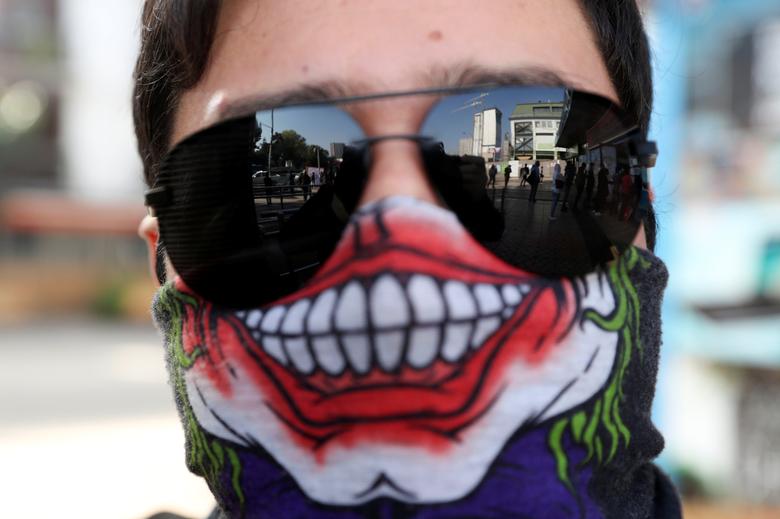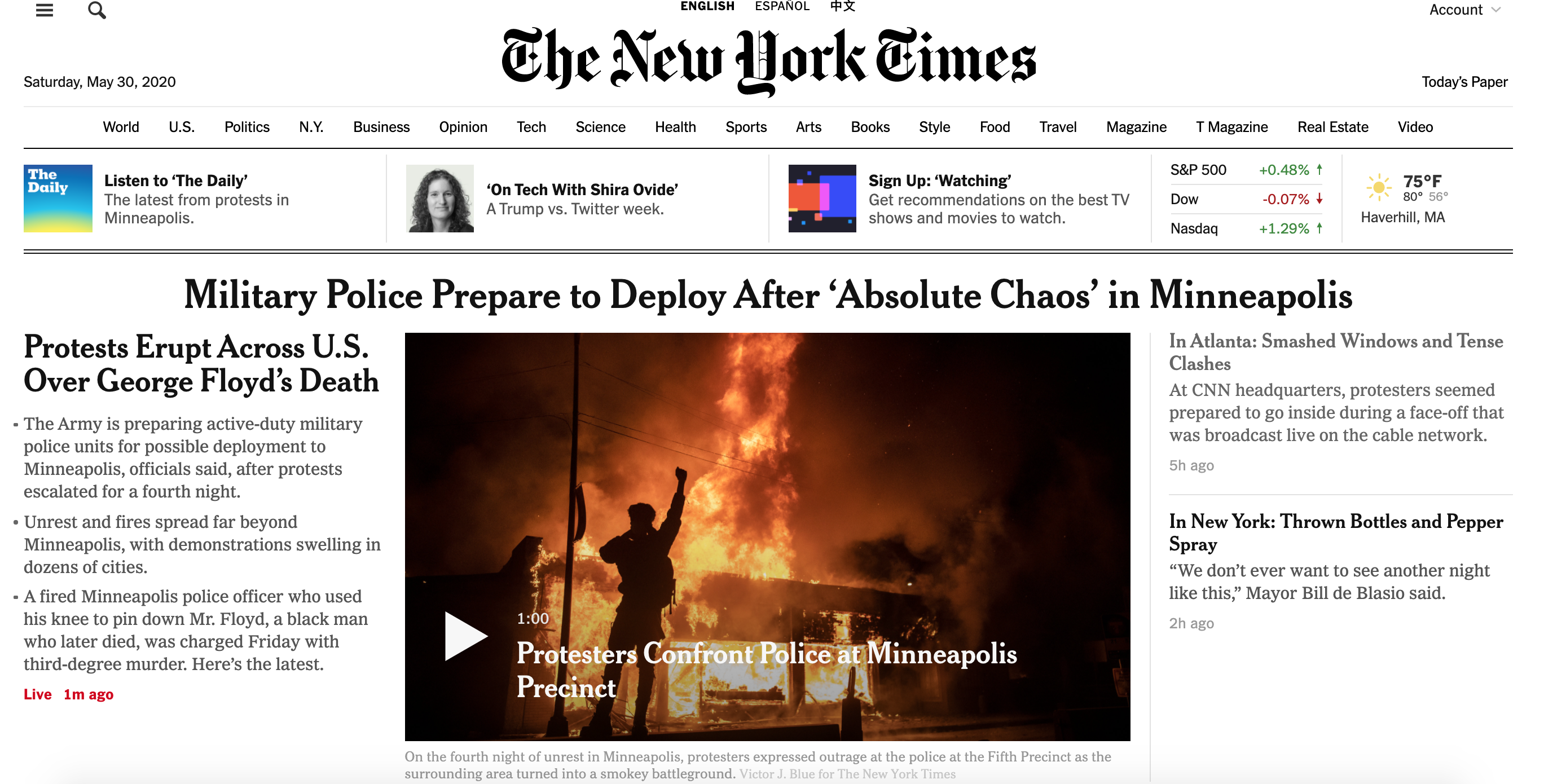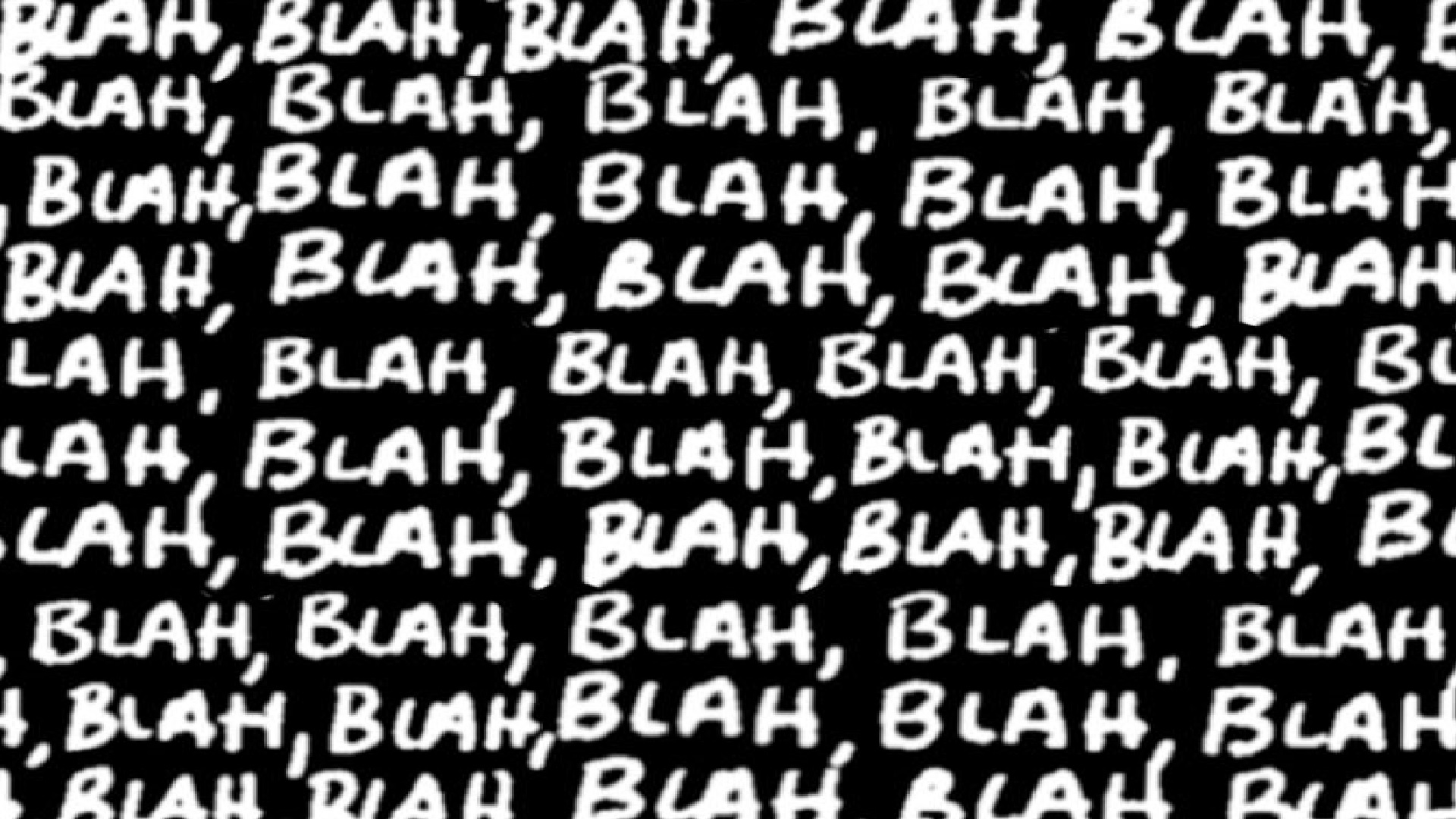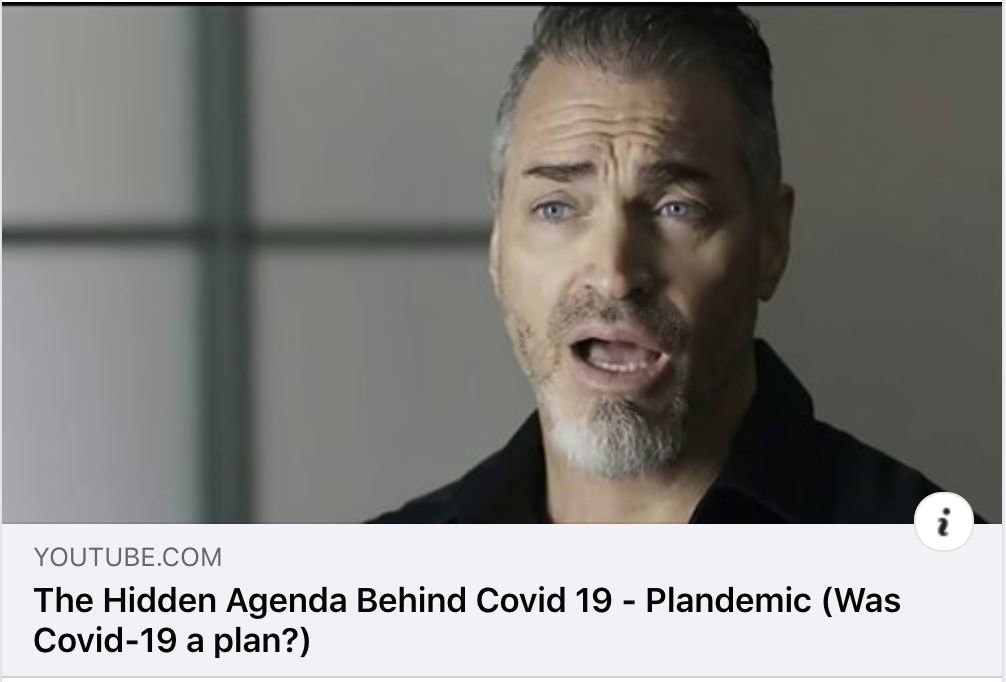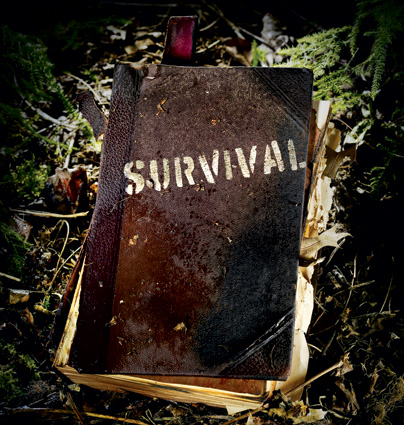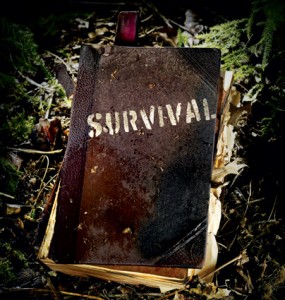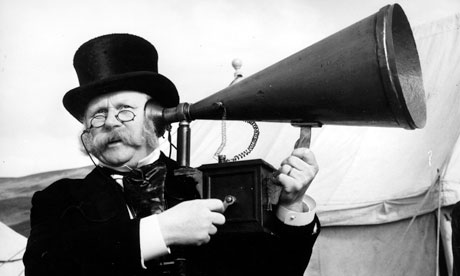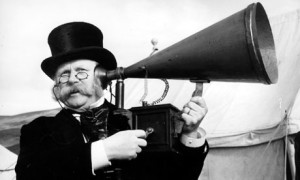Early on in my social media experience, I was often paranoid about being unfriended on Facebook. I worried endlessly about what I did to offend.
I eventually stopped caring and even took delight when someone deleted me. In my mind, it meant I had successfully gotten on the nerves of someone who deserved it.
Amid political divisiveness that has turned social media into a sewer, my thinking about online friendships — especially on Facebook — has evolved. In the process, I’ve gone on an unfriending spree of my own.
Mood Music:
I often see people announcing that they’re trimming their friends lists as if those they delete are unworthy subjects, unfit to be in their kingdom. Yet I did that very thing last week:
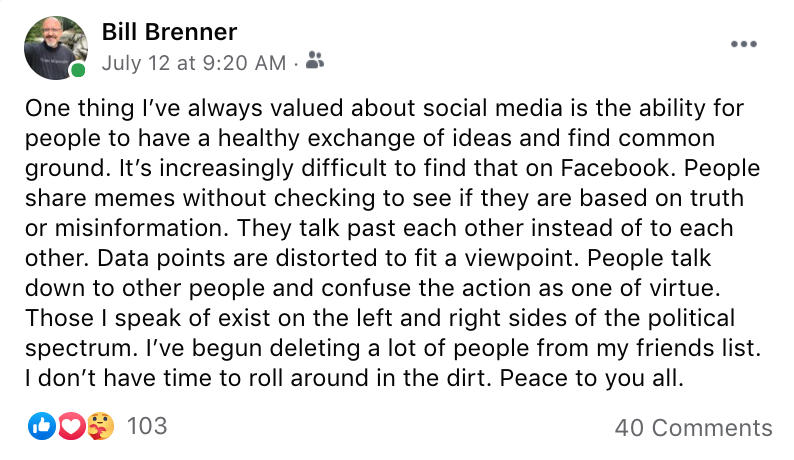
Since then, the pace of my unfriending has picked up. Mostly, I’ve removed those who push conspiracy theories and see public health measures in a pandemic as an assault on liberty, which I don’t buy. I try to be the voice of reason, the guy seeking the middle ground. But when it comes to what I see as thick-headed individuals contributing to the disastrous COVID-19 surge playing out across the south and western U.S. — threatening the rest of us with further death, lockdowns and economic pain — I can’t play along any more. You can’t achieve common ground with people who aren’t willing to meet you halfway and maybe admit when they’re wrong. Since I’ve admitted when I’m wrong many times, it’s not too much to ask.
Right or wrong, that’s how I feel. I don’t think I’m better than anyone else. But by unfriending those who contribute to it, I preserve my sanity.
There’s a lesson here. Regarding those people I thought were being self-important by announcing that they were unfriending people? I was probably being overly judgmental. On further reflection, they were probably doing what they had to do and the announcement serves as a warning (or relief?) to the rest of their followers.
Some of the people I removed are long-time friends and family. If you’re among them, I haven’t necessarily lost affection for you. I just can’t keep looking at what you’re pushing. I know others have concluded the same about me, and I respect that.
If you believe the opposite of what I believe, you’re likely finding my posts to be too much. If that’s the case, for the sake of your own sanity, you should unfriend me.
Friendships can and should endure. Just not always on Facebook, where relationships are not always the same as in the offline world.


